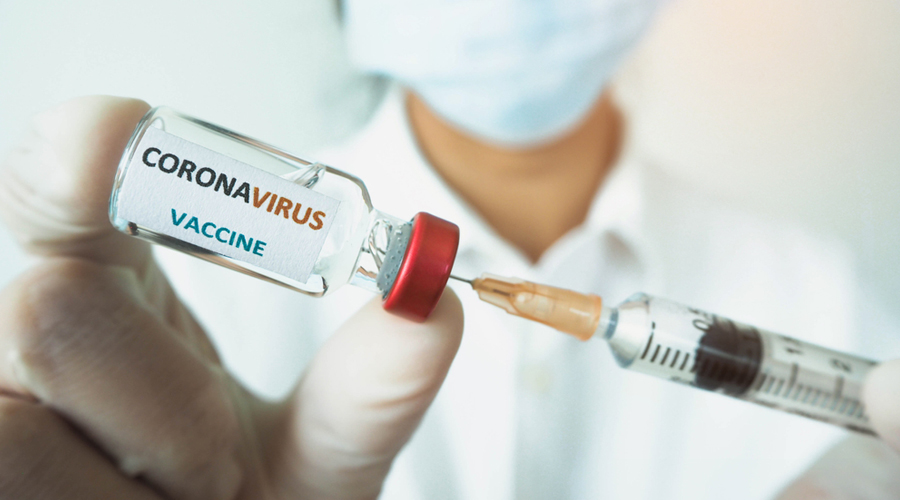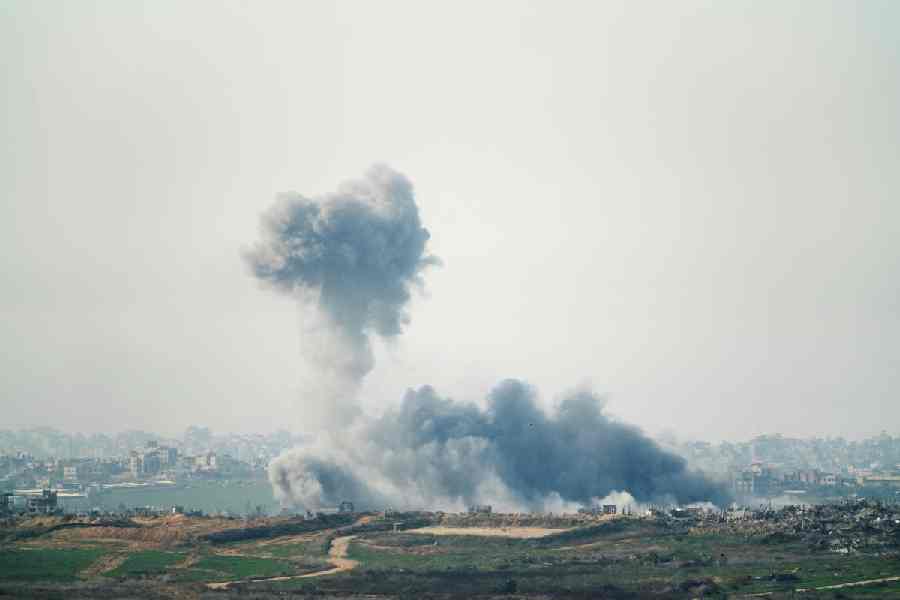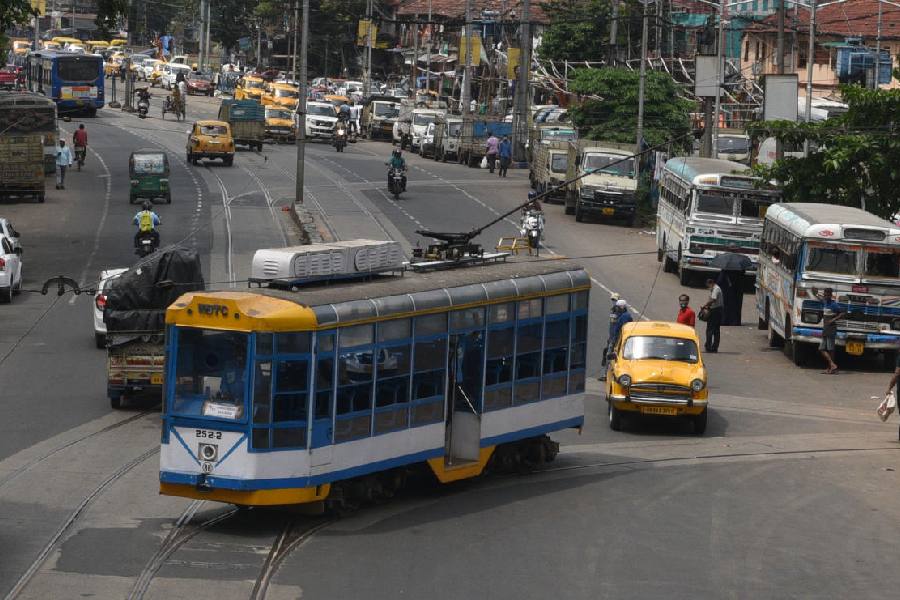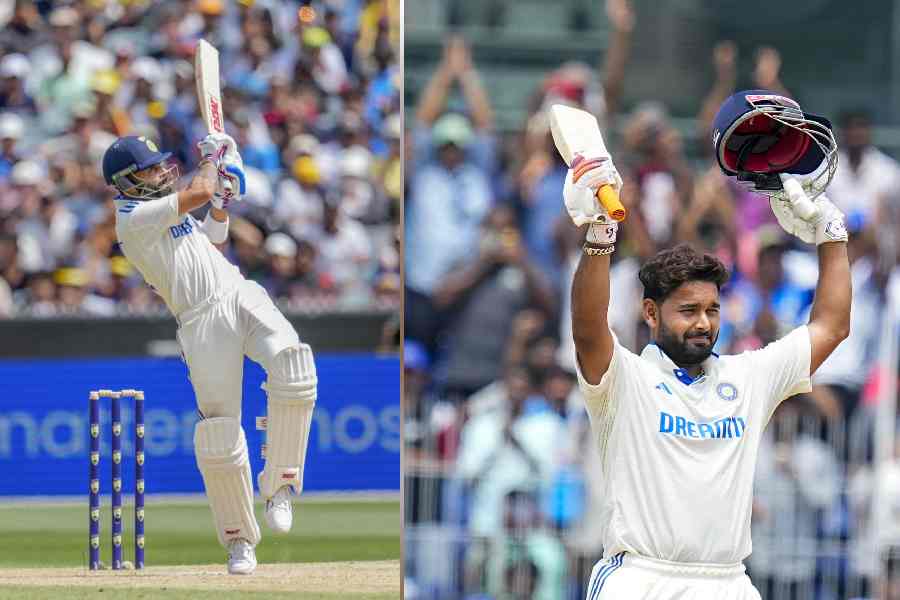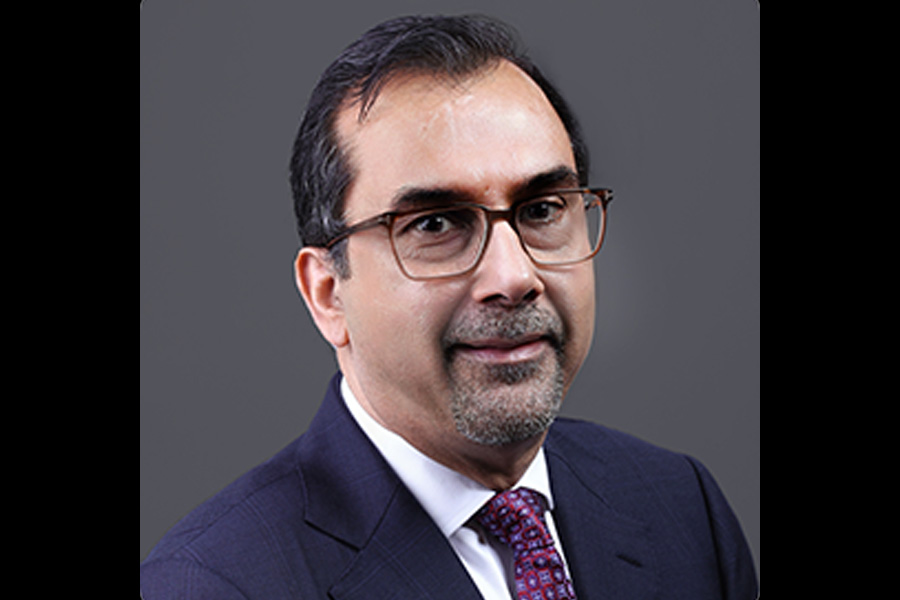Bengal will start training senior health officials in various districts from Thursday on how to handle cold chains after the Centre on Tuesday asked state governments to ramp up infrastructure to store Covid-19 vaccines and also prepare for the immunisation process.
A cold chain is a temperature-controlled unit, where handlers are responsible for storage and preservation of vaccines for immunisations and last-mile delivery. There are 25-40 cold chain centres in each Bengal district where vaccines such as polio or tuberculosis are preserved.
“In a video-conference on Tuesday, the central health ministry said Covid-19 vaccines would arrive by the end of this month or early next year. This requires training cold chain operators for appropriate preservation of the vaccines. A team of health officials from the state have recently undergone training in Delhi. They are being sent to districts to train health officials there. Once trained, the district officials will work as trainers for cold chain handlers,” said a senior health department official.
The Union health ministry’s virtual meeting with the states was held a couple of days after Prime Minister Narendra Modi told an all-party meeting that the Covid-19 vaccination programme would be rolled out in the country shortly and the government was waiting for the nod of experts.
Sources said the Union health ministry had told senior health officials of the states on Tuesday that the vaccines scheduled to be launched in India could be stored in a temperature range of 2-8 degree Celsius.
“We have the capacity to store the new vaccines in our cold chains as they can maintain a temperature of 2-8 degrees Celsius. If the new vaccine required a temperature range of -70 degree or more, as in the case of Pfizer’s mRNA vaccine, the government would have had to create new infrastructure,” said a state government official.
Health department sources said the districts had been divided into three zones — Burdwan, Presidency and North Bengal — for imparting training.
Health officials, including deputy chief medical officers and district level nursing officers, along with representatives of World Health Organisation (WHO), will take part in the two-day residential training camp.
The first training of the Burdwan zone will begin on Thursday in Bolpur, where officials of eight south Bengal districts will be trained.
The training for officials
in north Bengal will start from December 22 in Siliguri, while the schedule for districts under the Presidency range is yet to be drawn up.
“Those who will get trained at these camps will impart training to cold chain handlers in the districts concerned,” said Jayanta Sukul, deputy CMOH (III) in Birbhum.
Sukul will be among those who will be present at the training session in Bolpur on Thursday.
Asked why it required training of cold chain handlers who are already in the job of storing vaccines, a health official said the new vaccine required specific storage mechanism and that needed to be disseminated to ensure that shots didn’t get damaged.
“Maintaining the required temperature range of 2-8 degrees Celsius while storing and transporting the vaccine is important. Such critical inputs need to be conveyed to the cold chain handlers,” he said.
“The training will also assess the state of cold chains in a particular district and whether they have the required parameters to store the vaccine,” said a senior health official in Birbhum and added that they needed to clear doubts about “storage and disposal of syringes and other immunisation equipment”.
Health officials said training cold chain handlers was a continuous process and held every two to three years. The last such state-wide training was organised in 2017.
“This time it is a critical vaccine and we have made necessary arrangements to train officials who will be involved in the storage and immunisation process,” said Asim Das Malakar, the state family welfare officer and joint director of health services.

